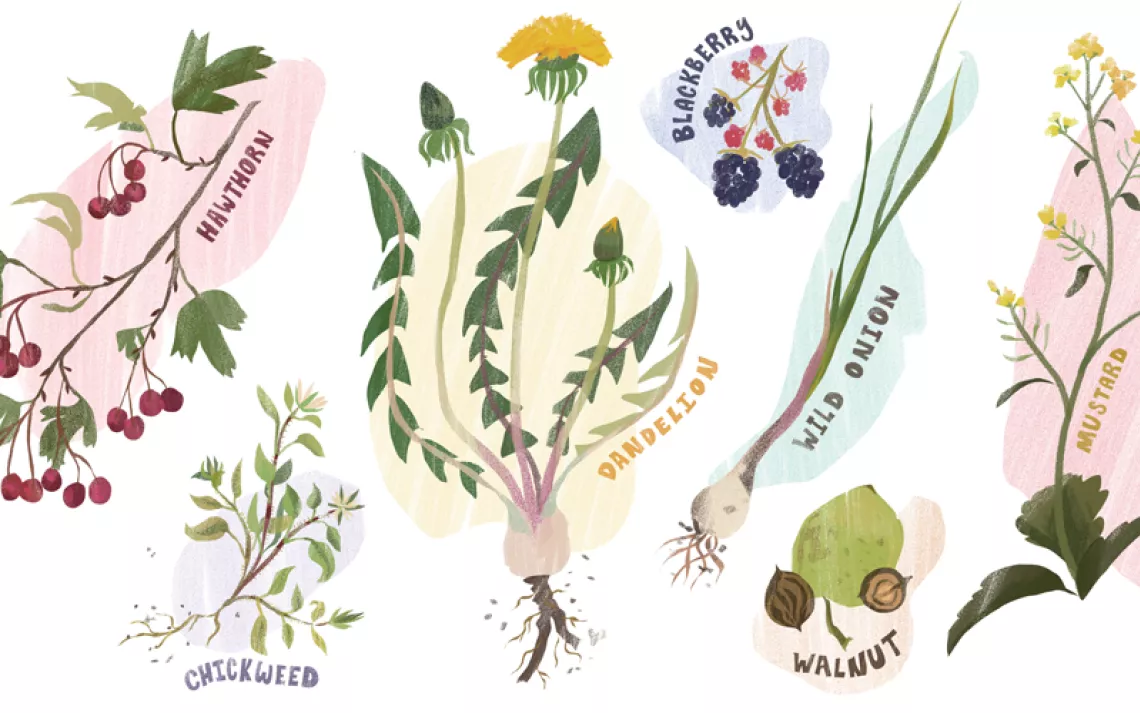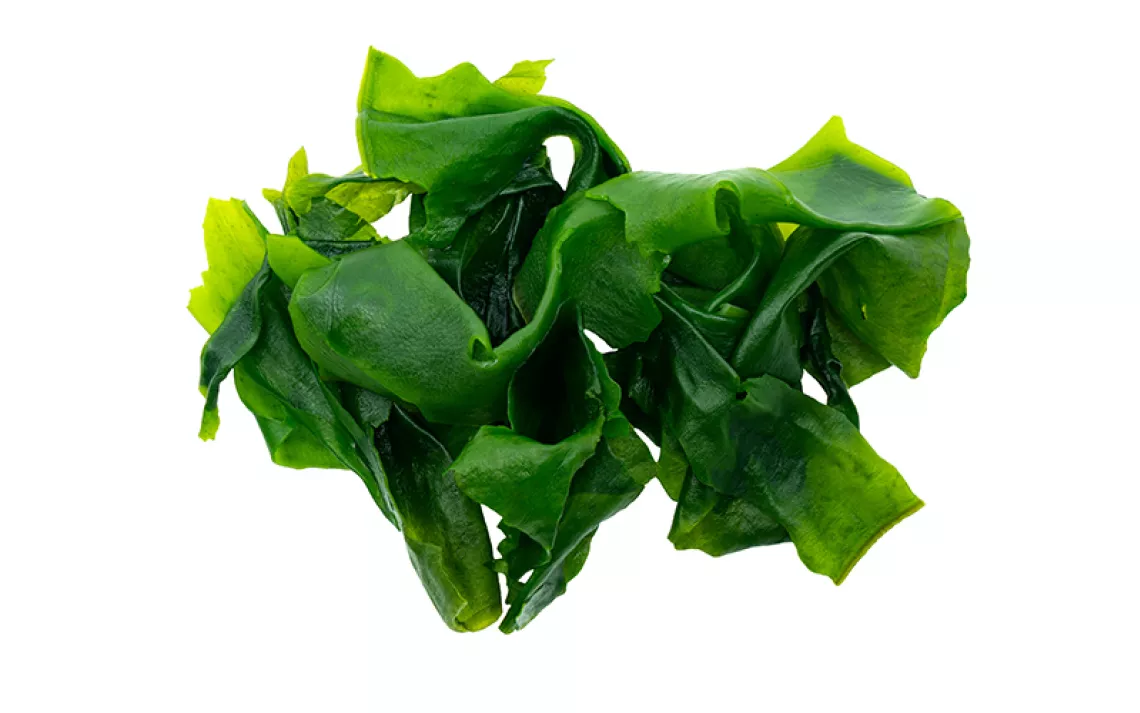Compostable Diapers Take a Load off Landfills

Photo by iStock/evgenyatamanenko
Let’s face it: babies are essentially poop factories.
95 percent of American families deal with the back end of this problem by buying single-use diapers that go straight into landfills. That amounts to 27.4 billion plastic diapers every year, according to the Real Diaper Association, and accounts for 1.4 percent of total municipal solid waste. Talk about a mess.
Debate about the costs, convenience, and health effects of disposable and cloth diapers rages on parenting websites and over highchairs. But a third option has recently arrived at the changing table that may change the future of baby waste management: compostable diapers.
Bay Area-based compostable diaper service EarthBaby is a pioneer in the burgeoning industry. Here’s how it works: after customers sign up online, EarthBaby drivers deliver Nature Babycare diapers, which are made from biodegradable materials like GM-free corn film, composted tissue, and responsibly harvested, chlorine-free pulp. A week later, drivers bring a fresh pack and take the dirty bundle to an industrial composting facility that is specifically designed to treat human waste. There the diapers are gradually converted into blended topsoil, which is then sold commercially.
“We really try to do everything as responsibly as we can,” CEO Mark Siminoff told Sierra by phone.
Siminoff worked for years as an engineer for companies that produced one-time-use items like toiletries and household cleaning supplies. But once he became a dad, the dissonance between his work and his values hit him hard.
“By supporting the industry of single-use product development, I was involved in harming the same environment that my children were growing up in,” he said.
After a lot of research and trial and error, he co-founded EarthBaby in 2008, an innovative startup with a sustainable business model built around the novel concept of diaper composting.
(Important note: diapers and all human waste are not suitable for personal composting, so don’t try this at home.)
EarthBaby currently has about 2,000 customers—just 0.8 percent of families raising children in the Bay Area today; and yet, the service diverts over 14,000 pounds of diaper waste weekly. To date, the company has composted 3.72 million pounds, or about 14 million diapers.
The challenge for EarthBaby—and with the fledgling compostable diaper industry as a whole—is growing its market. While its current customers like the service, the company is limited to certain regions in the Bay Area for now.
But the “green diapering” market is starting to take off. Two other diaper services, gDiapers and Tiny Tots are also seeking to expand eco-conscious consumerism with compostable baby cleanup. With alternatives like these, baby cleanup is looking tidier than ever before.
Follow Sierra on Facebook, Twitter, Pinterest, Instagram, and YouTube.
 The Magazine of The Sierra Club
The Magazine of The Sierra Club






